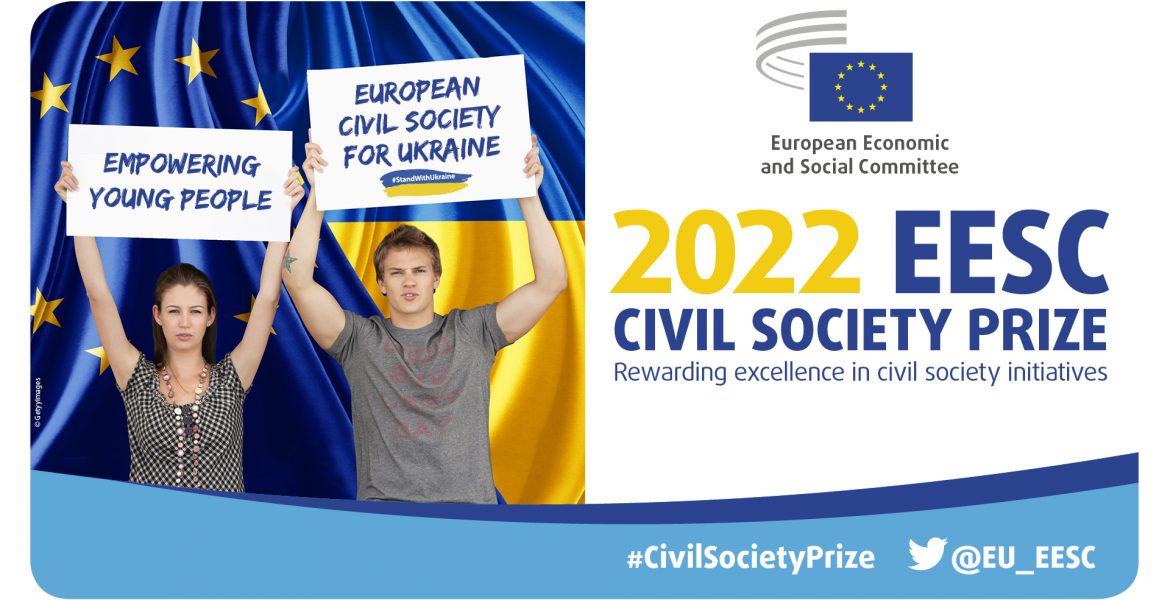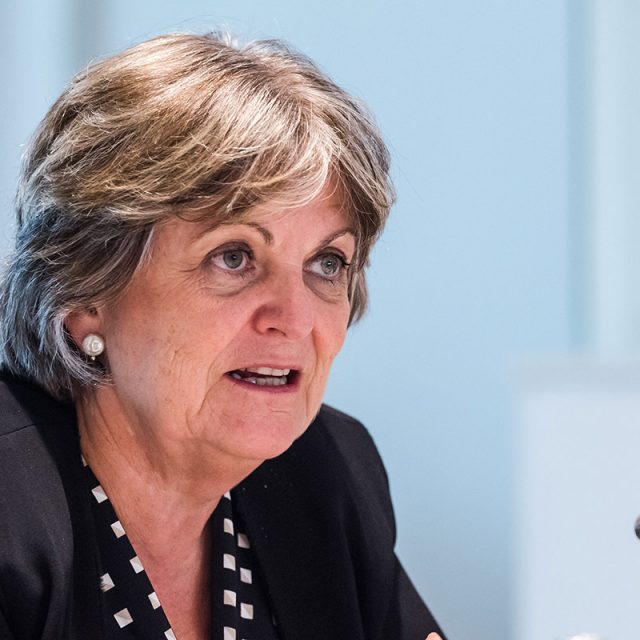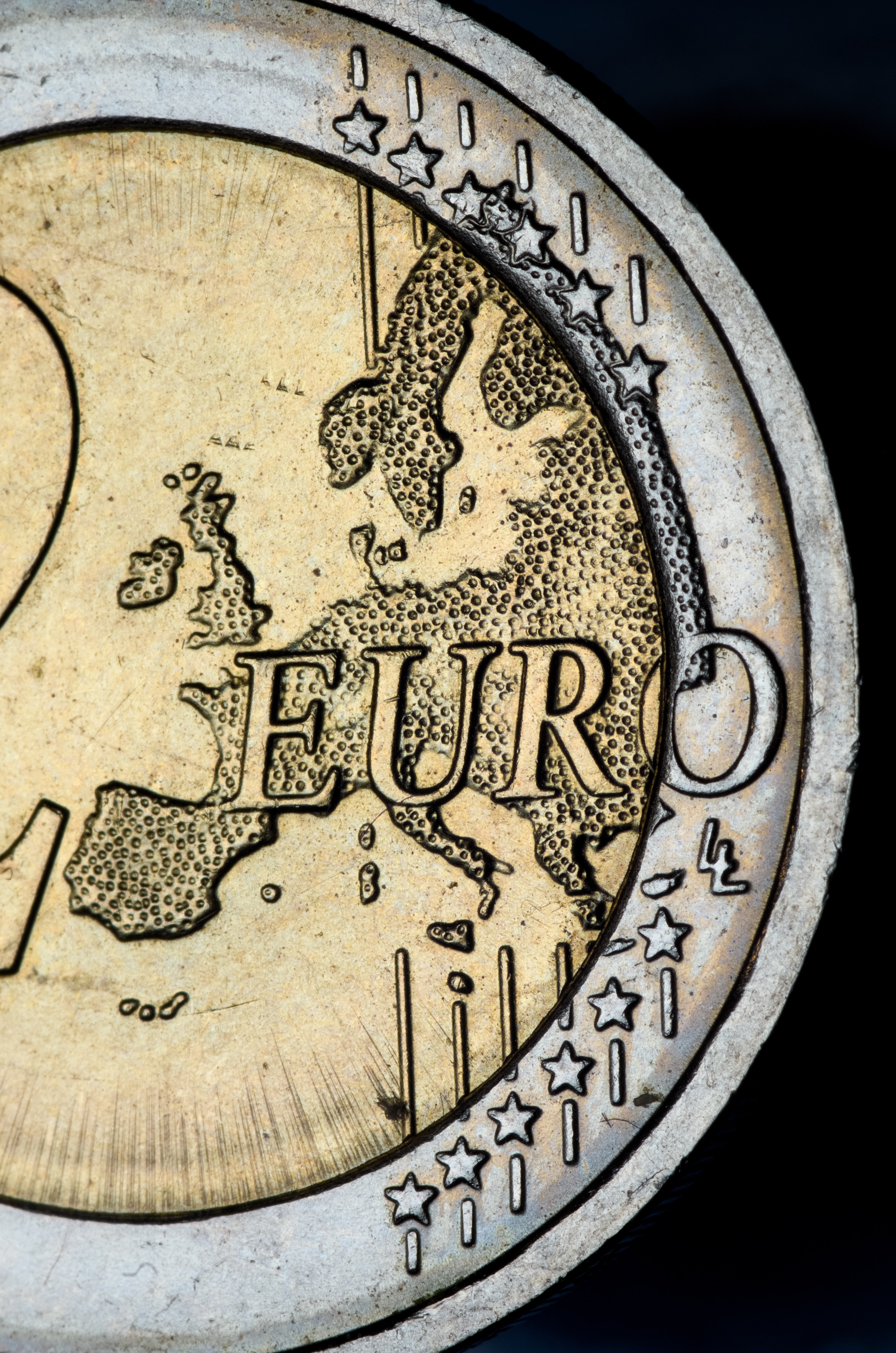The European Economic and Social Committee (EESC) is inviting civil society organisations, individuals and private companies to apply for its Civil Society Prize 2022. This year, it will reward innovative and creative non-profit projects and initiatives in two categories: empowering young people and helping Ukrainian civilians affected by the terrible events in their war-torn country.
A total of EUR 60 000 will be awarded to a maximum of six winners, with three winners per category.
The deadline for entries is on 31 July. The awards ceremony will be held in Brussels in December.
In Category 1, the EESC will choose the winners from among projects aiming to create a better future for and with young people in Europe. The projects should tackle the specific needs of young Europeans and contribute to their empowerment and participation in economic and social life.
In Category 2, the theme of which is European civil society for Ukraine, the prize will honour effective, innovative and creative initiatives designed to help civilians suffering as a result of the war.
In this category, projects eligible for the prize may cover a wide range of themes, such as providing humanitarian aid, shelter or emergency relief; providing social, psychological or administrative support; helping Ukrainian refugees integrate into host countries, for example by offering language training or help with finding employment; helping vulnerable people or combating disinformation about the war in Ukraine.
A more detailed but non-exhaustive list of possible project topics for the two categories is available on the dedicated EESC webpage.
The prize is open to all civil society organisations, individuals and private companies carrying out non-profit initiatives. Organisations and businesses must be officially registered in the EU, while individual applicants have to be either EU citizens or third-country nationals residing in the EU.
The projects must have already been implemented or still be ongoing. Projects that are planned but have not yet started by 31 July 2022 will be excluded. All initiatives and projects must be carried out in the EU, with the exception of projects in Category 2 (European civil society for Ukraine), which may also take place in Ukraine.




